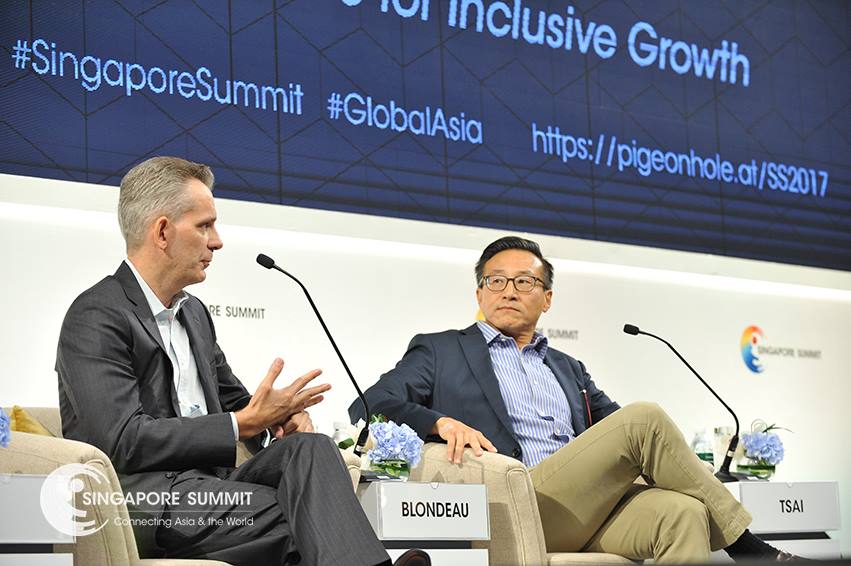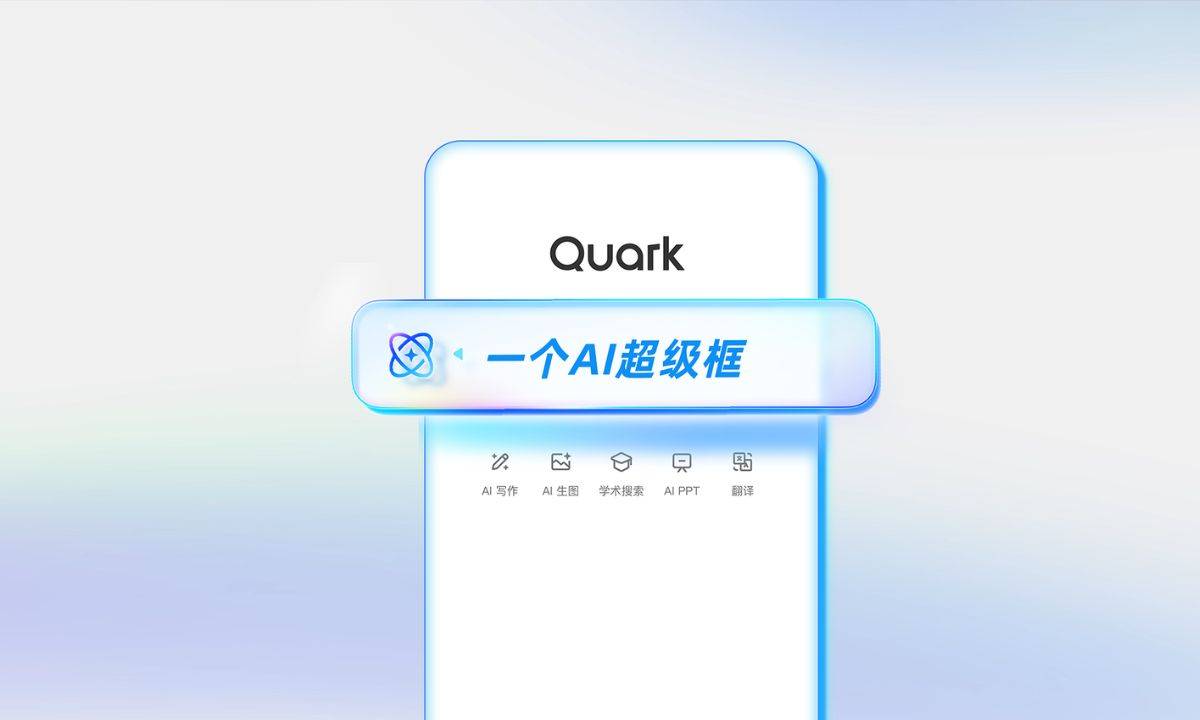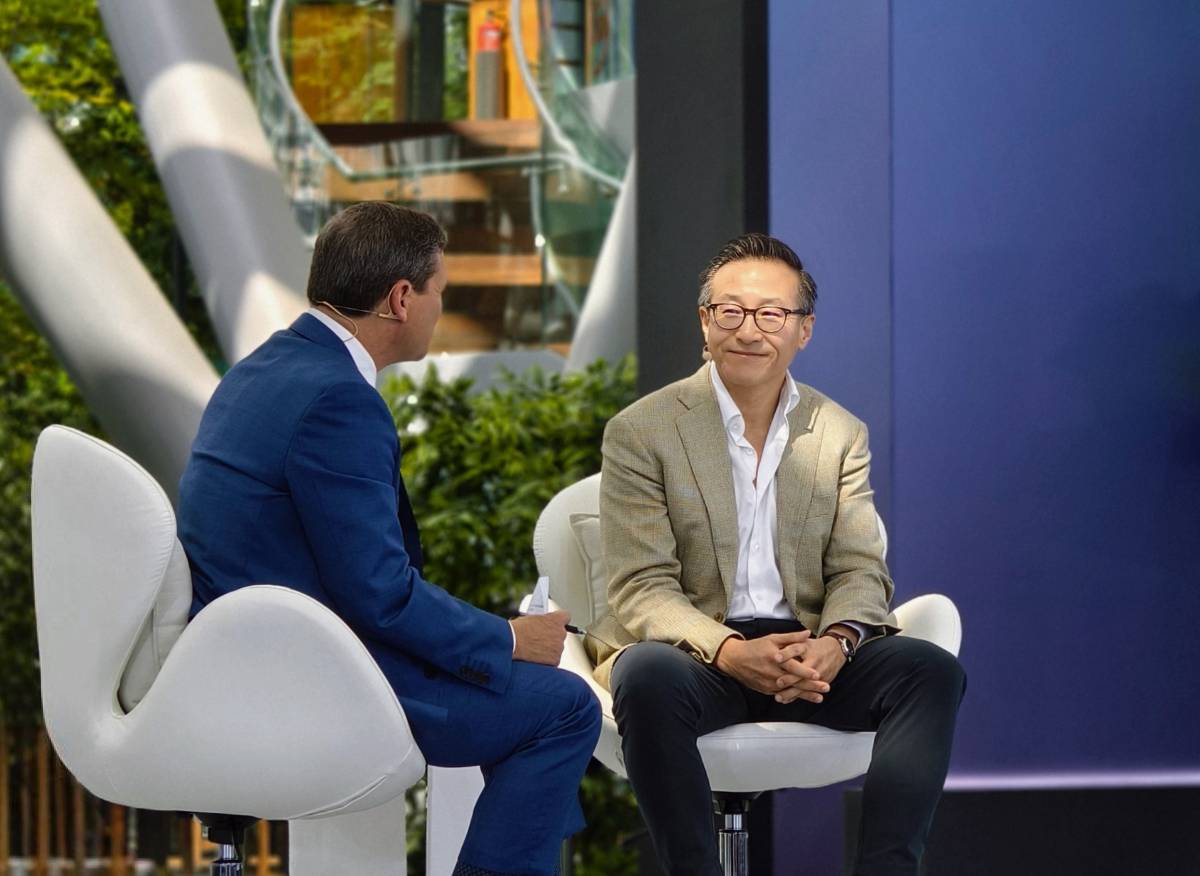
Technology companies need to embrace artificial intelligence and put it at their core to be successful, Joe Tsai said Saturday.
“Technology companies today should think about how to solve problems, rather than how to connect the world and all those very large, philosophical questions. I think we are here to solve problems, and AI is definitely the tool,”the Alibaba Executive Vice Chairman told the audience attending a Singapore Summit panel discussion.
Like the “Intel Inside” advertising campaign of the early 1990s, Tsai said AI is “very much inside everything” Alibaba does.
For example, Tsai said Alibaba is helping farmers in China establish a visual early-warning system to detect whether their crops are infected by disease or have other problems. The program uses drones to take aerial photos and computers to learn growth characteristics of each crop. It then uses image recognition to spot issues.
Alibaba is also working with GCL, the world’s largest maker of solar cells, to ease some of the challenges in cutting the panels it manufactures to the precise parameters required. Alibaba feeds key manufacturing parameters, such as the optimal temperature and angle to cut at, and the AI feeds back the best ways to improve the production process.
“This is all about data. This is all about collecting and being able to manipulate and manage data in the factory-manufacturing context,” Tsai said.
Tsai suggested viewing data as a nutrient, “food for the machine.” Feed data into a computer, and it can generate outcomes, offering real-time feedback. There are different kinds of data, with different value, Tsai said, noting “historical data may not be as important as real-time data.”
The distinction is important, he said, because real-time data can provide highly positive and relevant experiences for consumers, as Alibaba has found on its world-leading e-commerce platforms.
“When you are scrolling real-time, that is the data that we’re capturing. And through a process that we call ‘reinforcement learning,’ we are feeding you real-time as to what the next item you should be seeing on the app,” Tsai said.
Regarding security and privacy concerns, Tsai said it’s important “to understand that everything is a balance” and that data only has value “when it’s aggregated, analyzed and, to some extent, shared.” He added that Alibaba, while it has a lot of data about its hundreds of millions of users, “we will never sell our data,” and ‘share’ is not ‘exchange.'”
To emphasize the distinction, Tsai talked about the partnership Alibaba has with a rural cooperative that lends money to farmers.
“We’re able to use their data set and our data set, put them together to develop a lending model that manages the credit risk. In that context, neither of us can see each other’s data. Everything is encrypted. You have ways to protect data,” Tsai said.
It’s ultimately on companies to do the right, ethical thing, though.
“How companies behave, how management behaves…They need to establish trust with the community, with the people who entrust us with the data,” Tsai said.
Tsai also touched on some of the fears that widespread adoption of AI will result in job losses for humans. His conclusion was that AI is better at some things than humans, but that “human brains will always be running faster than machines.”
“AI is good at complex, massive, mathematical computational problems that the human mind just cannot handle in a short period of time, and the speed and complexity in which algorithms can manage and spit out outcomes is very impressive and frankly better than the human mind,” Tsai said.
But thoughts that humans will be supplanted by computers— or one computer using AI—are more philosophical than practical. He said a lot of those prognostications are based on a faulty assumption that we already know the limits of the human brain.
“You’ll be underestimating your own brain power if you believe that there’s going to be a single computer that rules the world,” Tsai said.




.jpg)